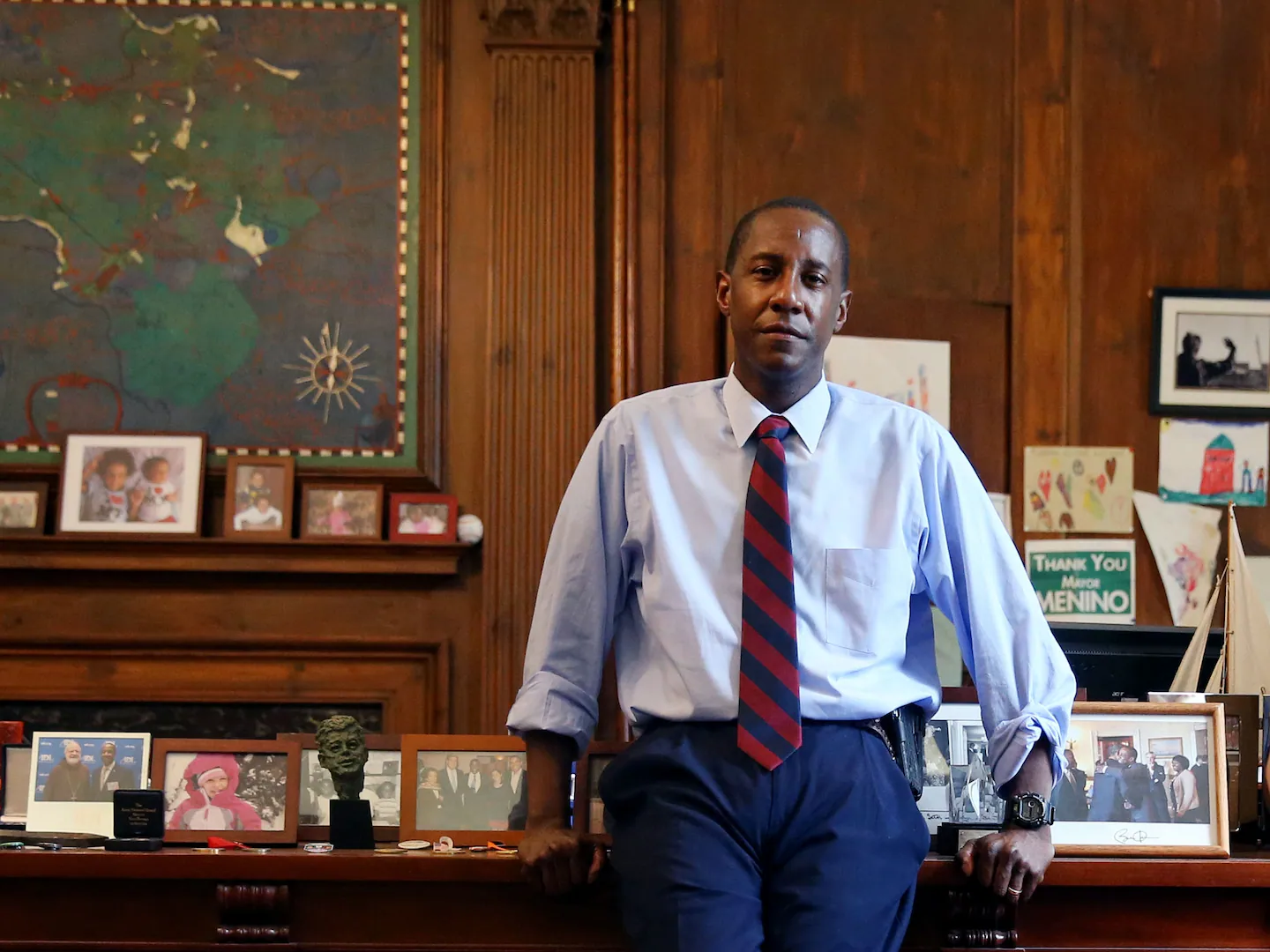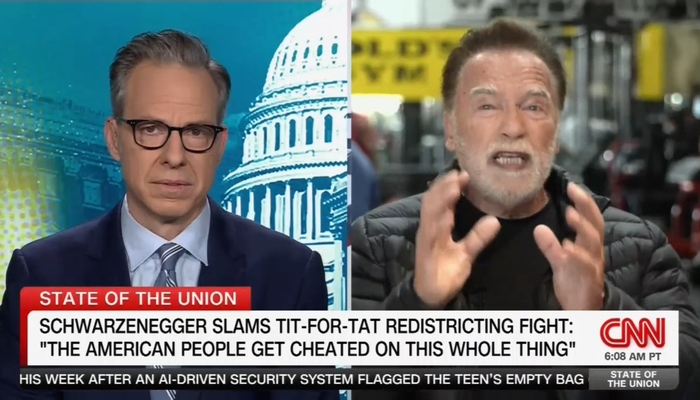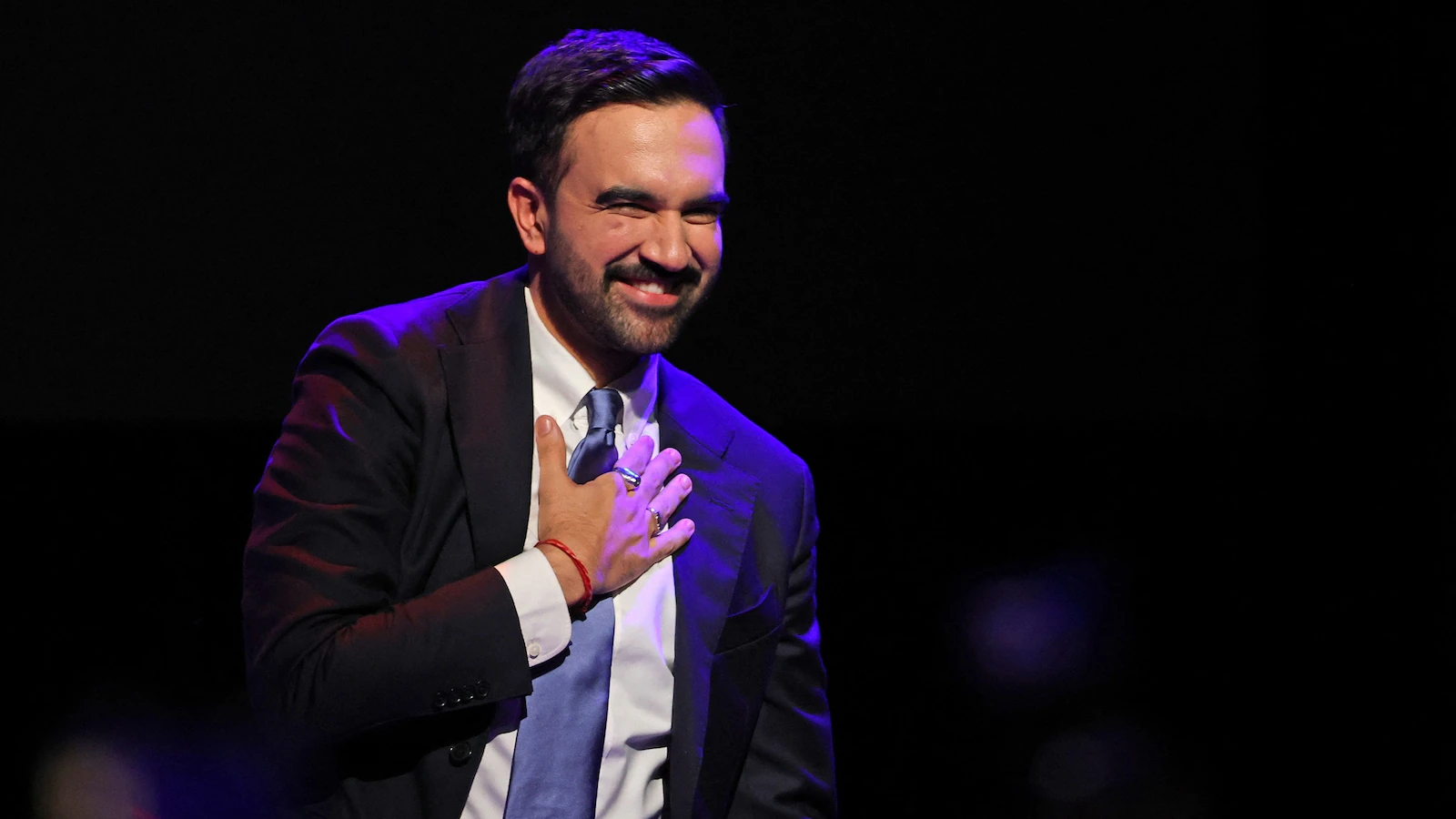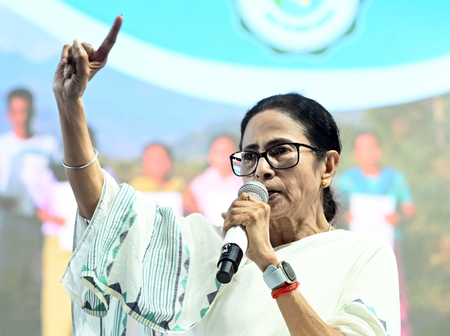Copyright The Boston Globe

“He spent hours helping his daughter Abigail study for her AP US history exam,” his family’s obituary said. “He wore his ‘Volleyball Dad’ sweatshirt to cheer on his son John on the court, embarrassingly loudly and enthusiastically. And he loved his wife Tassy, who was his person, his best friend and chief confidant and advisor.” Tributes came from political figures across Massachusetts and the country, lauding Warren’s leadership. It’s hard to imagine one person cramming so many varieties of public service into a too-short life, and touching so many people along the way. At his funeral on Friday at a Catholic church in Newton, where he and his family were regulars, the pews were packed with political royalty, including current and former governors. Still, it felt right that the only eulogies came from Tassy Warren and 17-year-old Abigail. Both were eloquent in conveying Warren’s unshakeable devotion to faith, family, and country — a phrase he uttered many times a day, Tassy said, along with “I love you.” And those of us who worked with Warren at Harvard, as well as those who worked with him at Newton City Hall and elsewhere, have been sharing our own memories of him — not least of his signature raucous laugh. There has been an especially vivid outpouring of emotion from students and former interns. In the days after his death, Warren’s office door at the Kennedy School’s Institute of Politics became an impromptu memorial, covered with sticky notes from Harvard students whom he had joyfully taught and mentored in recent years. “Setti made me truly feel I can do anything,” one unsigned note said. “I will work to make the world a better and more equitable place in his honor.” In November 2016, in his second term as mayor, Warren convened a private dinner of people who had just voted for President-elect Donald Trump alongside those who had cast their ballots for Hillary Clinton. The guests argued, but they still found ways to engage. Years later, Warren often talked about the dinner’s important lessons, recalled Aaron Goldman, his friend and longtime colleague. “It became this template for him in getting people from opposite sides of the spectrum together, to see their common humanity — if he could just get people together to talk face to face,” he said. Goldman, who first met Warren as an intern, working under him in Kerry’s Boston field office, said Warren “completely changed my life.” Goldman became Mayor Warren’s communications chief, and Warren hired Goldman to join him at Harvard’s Institute of Politics as director of the John F. Kennedy Jr. Forum. “When I first met Setti, I could not have possibly imagined that I would end up having the opportunities that I’ve now had,” Goldman said, “and they can all be traced back to him and to the belief that he had in me.” Warren’s leadership qualities and ability to connect with others began early. He was president of his Newton North High School class for four years running and was president of his class at Boston College, too. Brigid O’Rourke, who worked with Warren in Kerry’s office and is now the Institute of Politics communications director, recalled traveling with Warren around Massachusetts on constituent visits. “He had that unique ability to connect with you and to listen to you. He never made anyone feel rushed,” she said. In Newton, where he was born and raised, Warren knocked on 11,000 doors — including mine — in the mayoral race in 2009. Once in office, he contended with tough budget pressures and strong community passions, winning an override to build a $200 million high school. After canceling funding for a small homeless shelter amid neighborhood protests, he developed an ambitious affordable housing plan. Harvard undergraduates flocked to the Institute of Politics under Warren after he moved there in 2022 from the Kennedy School’s Shorenstein Center for Media, Politics, and Public Policy. He revitalized its programming to the extent that in 2024, a record 900 Harvard students applied to join the Institute of Politics. Warren, a Democrat, was relentless in bringing in Republicans as senior fellows and event speakers at the IOP to ensure that students engaged with leaders from both sides of the aisle. Well ahead of the current pressure on Harvard to do so, Warren created spaces for more disparate voices. In 2024, Warren rejected a student leader’s proposal to refuse to host Republicans who denied that Donald Trump had lost the 2020 election to Joe Biden. In a letter to the Harvard Crimson student newspaper, Warren explained: “As the director and leader of the IOP, I believe that for it to be successful, experiential learning must happen on a nonpartisan basis.”



